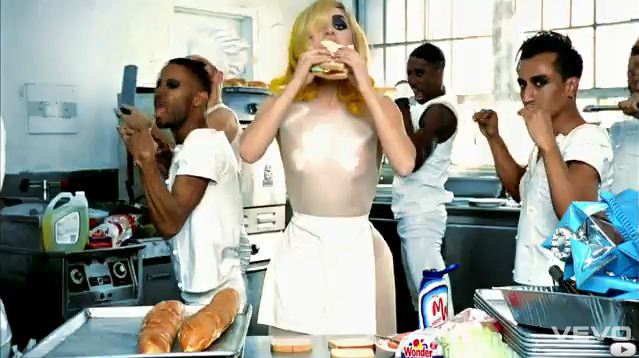
Photography: Stuart Franklin
The entry on our school calendar was unassuming and inconspicuous—”Franklin, Journalism.” The description in our student guidebook was even more humble, simply a thin line that read “Stuart Franklin, English photographer.” I glanced at it and the night before, on a lark, I decided to google the name to see Franklin’s previous work. Much to my shock, I soon realized that Franklin was a world-renowned Magnum photographer, the man who had taken the photo of Tank Man in Tiananmen Square. Yes, That photo.
On the appointed day, we eagerly gathered in class, where a bespectacled chap carried himself with distinction to the front of the classroom. “Dr. Stuart Franklin, Political Ecology,” read his first slide. The student next to me poked my shoulder—wasn’t this class supposed to be about journalism? What’s political ecology? Are we sure this Dr. Franklin is a photographer, and not someone else with the same name?
As it turned out, Franklin is a man of many talents, not only a career photographer for Time and National Geographic, but the recipient of a PhD in geography at Oxford University. He now publishes and teaches courses in political ecology and photography at Oxford.
The burning question: what is political ecology? As he defined it, it is the analysis of complex political economic relationships between society and land- or marine-based resources or products. It’s political economy + environment. It’s a network of cultural interactions with the land around them. Food chains and the working conditions of migrant workers are two topics that might fall into this lens of analysis.
Convinced? Skeptical that this is just another newfangled invention of concatenated existing subfields? Regardless, Franklin took us on a fascinating trip around the world, as we looked at slash-and-burn destruction in Indonesia and Afghans fighting in a bread queue, all photographed in pristine condition. The following are some of his thoughts on photography, politics, and the luckiest break of his career.
There was an uprising that spring. A lot of factors were in play, but it was mostly due to increasing flows of information and the large amount of corruption going on. Young people were finally getting annoyed by corruption by people in power, and so they came out to the streets. It was a huge moment for the Chinese to demonstrate, and I asked if I could go to Beijing. My plane ticket was paid for by Magnum, but when I got there, Time put me on assignment and I ended up just staying there.
The epicenter of the action was Tiananmen, and at that point, I had been working as a photojournalist for about 10 years, and I was a pretty hardened war photographer. I knew that I had to get close to Tiananmen, so I found the Beijing Hotel, and I parked myself there.
Continue reading Stuart Franklin’s Political Ecology



